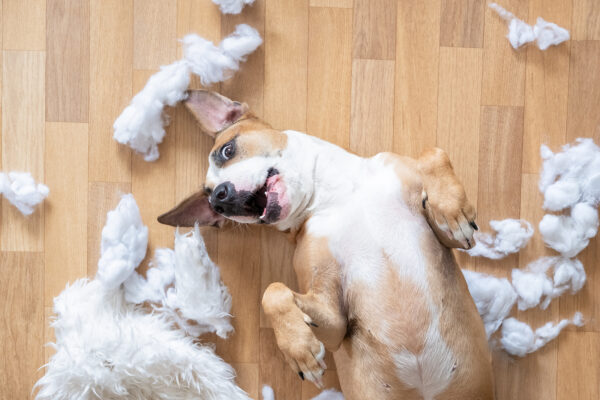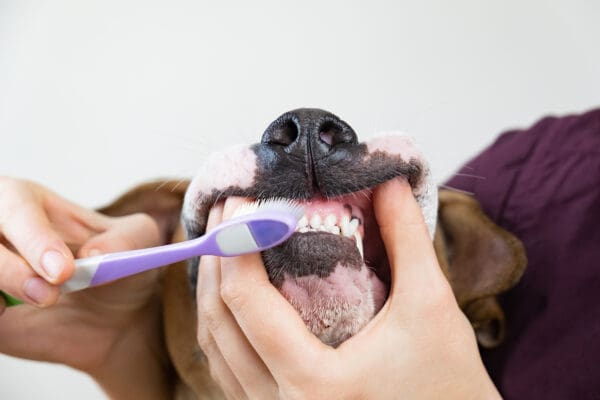
11401 NE 195th St. Bothell, WA 98011
(425) 486-9000 PHONE (425) 486-9002 fax
Our goal at the Center for Bird and Exotic Animal Medicine is to provide your pet with a completely stress-free veterinary visit experience. Some of the things that we do to help enhance your pet’s experience include:
- Providing calm, welcoming environments for your pet in both our lobby and our exam rooms.
- Our staff has been trained in minimal-stress restraint and gentle handling techniques for exotic pets, and makes concerted efforts to develop a trusting friendship relationship with your pet.
- We make every effort to place our patients in exam rooms as quickly as possible so that they can have privacy away from other (potentially scary!) animals. This also allows your pet to adjust to the room prior to their exam.
- Our exam rooms are set up to provide a comfortable, clean area for your pet to relax in, and are spacious enough to allow you to bring in your pet’s playstands or home equipment if this will help alleviate stress.
- We make every effort to see your pet promptly once you arrive at our hospital, so that there are no prolonged waiting periods. As we are an emergency hospital, sometimes critical cases do have to take priority. However, if a delay is necessary, our staff will provide you and your pet with refreshments and a comfortable waiting area until a doctor can attend to you.
- Our appointment times are longer than most other veterinary clinics (40-60 minutes minimum) to prevent us from rushing through the exam experience and to make sure that your pet receives the attention he/she needs and deserves.
- For some pets, we may recommend additional assistance in the form of anti-anxiety medications or sedatives. These are used on a case-by-case basis per doctor recommendations for each individual pet. In some animals, this can make a huge difference on their overall experience at the clinic.
The “stress-free visit” concept is one that our entire hospital is very invested in, and we are excited to provide it to our clients and patients. However, we need help from YOU to make this effort as successful as possible! Without a strong foundation in positive reinforcement training at home, certain aspects of veterinary visits can seem very scary for exotic pets. Regular training at home can help decrease or eliminate your pet’s fear response and allows us to maximize the impact of our techniques.
Using positive reinforcement and practice, you should be able to train your pet to:
- Willingly enter a travel carrier to come to the veterinary clinic
- Willingly step onto a scale to be weighed
- Willingly leave you to step onto the hand of a veterinary staff member (birds) or to allow themselves to be picked up/carried by staff members
- Accept gentle towel restraint without fear
It will take time and dedication on your part to teach your pet these behaviors. However, this training will greatly reduce stress on your pet during veterinary visits, making the experience much more pleasant for both of you. In addition, positive reinforcement training will significantly improve your relationship with your pet! Please refer to our Training for the Veterinary Visit handout for more information on how to teach your pet these valuable skills.
Stress-Free Routine Wellness Checkup Guidelines:
Obviously, you cannot always predict when you are going to need to go to the vet, and if your pet is actively sick, these guidelines/suggestions do NOT apply! However, if you are planning a routine wellness checkup for your pet at our office, here are some suggestions to help maximize the chance that it will be a positive experience for your pet:
- For the week before your visit:
- Do not feed your pet his/her favorite treat. This will make your pet very eager for the treat once it is offered at our hospital!
- Immediately prior to your visit:
- Place padding on the floor of the carrier (nicely folded towels are suitable for most species, unless your pet tends to chew/eat towels); this will help your pet feel comfortable secure. Make sure that the carrier and your car has appropriate airflow/temperature for transport.
- Place your pet’s favorite treat in the carrier and reward your pet for entering the carrier with lots of praise.
- Transport your carrier to the car by supporting its base instead of holding it by a handle or carrying strap. This reduces “swinging” of the carrier and will make it a smoother ride for your pet.
- Bring LOTS of your pet’s favorite treats. Do not offer them until your pet is actually at our clinic. Depending on your pet’s species and the diagnostic tests that are being planned, our vets may request that your pet skip breakfast the morning of the visit to improve their responsiveness to treat rewards.
- Bring the towel and/or yoga mat that you use for training your pet at home (see Training for the Veterinary Visit handout for more information)
March 30, 2015
Content of this Care Sheet Courtesy of:
The Center for Bird and Exotic Animal Medicine
11401 NE 195th St. Bothell, WA 98011
(425) 486-9000 PHONE (425) 486-9002 fax



